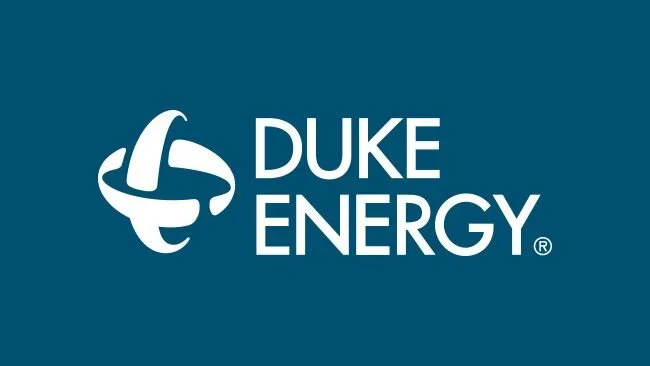Duke Energy, Attorney General, Public Staff and Sierra Club reach agreement on N.C. coal ash costs
CHARLOTTE, N.C. – In a milestone settlement that resolves the last remaining major issues on coal ash management in North Carolina, the North Carolina Attorney General, North Carolina Public Staff, Sierra Club and Duke Energy have reached an agreement on costs related to coal ash management and safe basin closure.
The proposed settlement, filed with the North Carolina Utilities Commission (NCUC), details a plan for coal ash management cost allocation between 2015 and 2030. Over this time frame, Duke Energy will reduce North Carolina customers’ costs by approximately $1.1 billion.
The company will also maintain its ability to earn a return on the remaining balance, providing greater confidence in achieving its long-term financial goals and its transition to cleaner energy sources.
“This agreement addresses a shared interest in putting the coal ash debate to rest as we work toward building the cleaner energy future North Carolinians want and deserve,” said Stephen De May, Duke Energy’s North Carolina president. “We were able to reach a balanced compromise that will deliver immediate and long-term savings to customers and provide greater certainty to the company over the next decade.”
The groups had a mutual interest in resolving the outstanding litigation in the current rate cases before the NCUC, as well as the N.C. Supreme Court-ordered review of the 2018 coal ash rate case decisions.
This settlement would reduce coal ash costs included in the pending rate requests by 60%, which would provide immediate customer savings if approved.
Duke Energy is in the process of permanently closing the remaining coal ash basins in the state, with support from the public, regulators, the environmental community and elected officials. This settlement affirms that the current closure strategy remains prudent and in the best interests of customers and communities in the Carolinas.
The NCUC will make the final decision on the proposed rate requests and the proposed settlement agreement.



